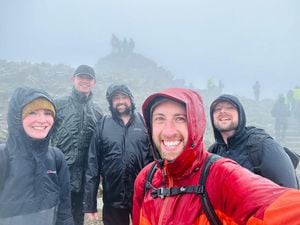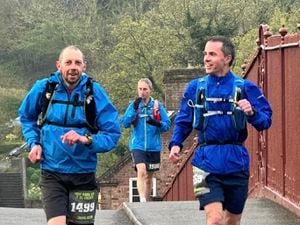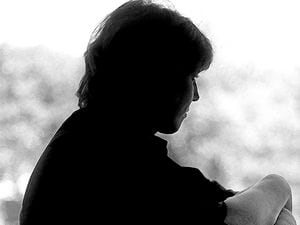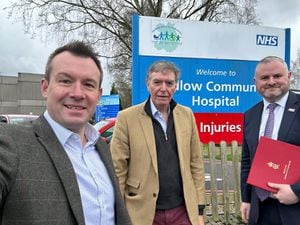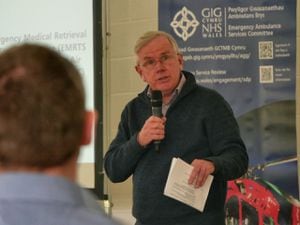A little less conversation, a little more action for Elvis-loving patients
Hospital patients in Shropshire have been taking part in exercise classes to music from the 40s and 50s as part of a drive to boost their recovery.

Patients on Ward 16 at the Princess Royal Hospital have been taking part in gentle exercises to the music of Elvis Presley, the Big Bopper and Eddie Cochran as part of a drive to end what is known as ‘PJ Paralysis’.
The ‘70 Days to End PJ Paralysis’ campaign has been launched by England’s top nurse Professor Jane Cummings. Its aim is to get people back home to their loved ones living much happier and fuller lives.
The campaign aims to combat problems associated with a long stay in a hospital bed, such as loss of muscle strength and infections.
The idea is also intended to speed up recovery and get patients home sooner.

The Shrewsbury and Telford Hospital NHS Trust (SaTH) launched its own ‘end PJ paralysis’ movement in March 2017.
Jane Smith, from Craven Arms, and Liz Davies, from Telford, are two of the patients who have been taking part in the classes, which are followed by a communal lunch to allow the patients to socialise.
Liz said: “I enjoy the classes, it makes a nice change. Without being rude, being in hospital can be quite boring, so this is good.”
Jane added: “I think it’s great. I really enjoy doing the exercises.”
Another patient, Sara Richardson, said she thought the move to get people out of their pyjamas and into their normal clothes was important.
“It makes me feel more of a human, less of a patient,” she said.
Deirdre Fowler, Director of Nursing, Midwifery and Quality at SaTH, said: “It’s really important that patients who are able try to maintain a normal routine whilst staying in hospital, including wearing their normal clothes during the day and getting out of bed.
Muscle
“For people over 80, 10 days in a bed ages muscles by 10 years. One week of bed-rest results in 10 per cent muscle loss, which could make the difference between dependence and independence.
“Other harms of bed rest include higher risk of thrombosis or delirium, pressure sores, infection or loss of muscle usage, loss of confidence, and greater dependence. It can also cause incontinence – by too often resorting to catheters, pads, or bedpans – or constipation, instead of assisting and encouraging patients to go to the toilet as they usually would.
“It can also help to ensure more hospital beds are available by improving patient flow through our hospitals, enabling more timely discharges, reducing the patient’s length of stay, and freeing up beds for the sickest patients as a priority.”
Professor Cummings said: “For many wearing pyjamas reinforces feeling unwell and can prevent a speedy recovery. One of the most valuable resources is a patient’s time and getting people up and dressed is a vital step in ensuring that they do not spend any longer than is clinically necessary in hospital. I urge all those caring for our older patients to help end PJ Paralysis and get involved in the 70-day challenge and show the impact they can make.”

